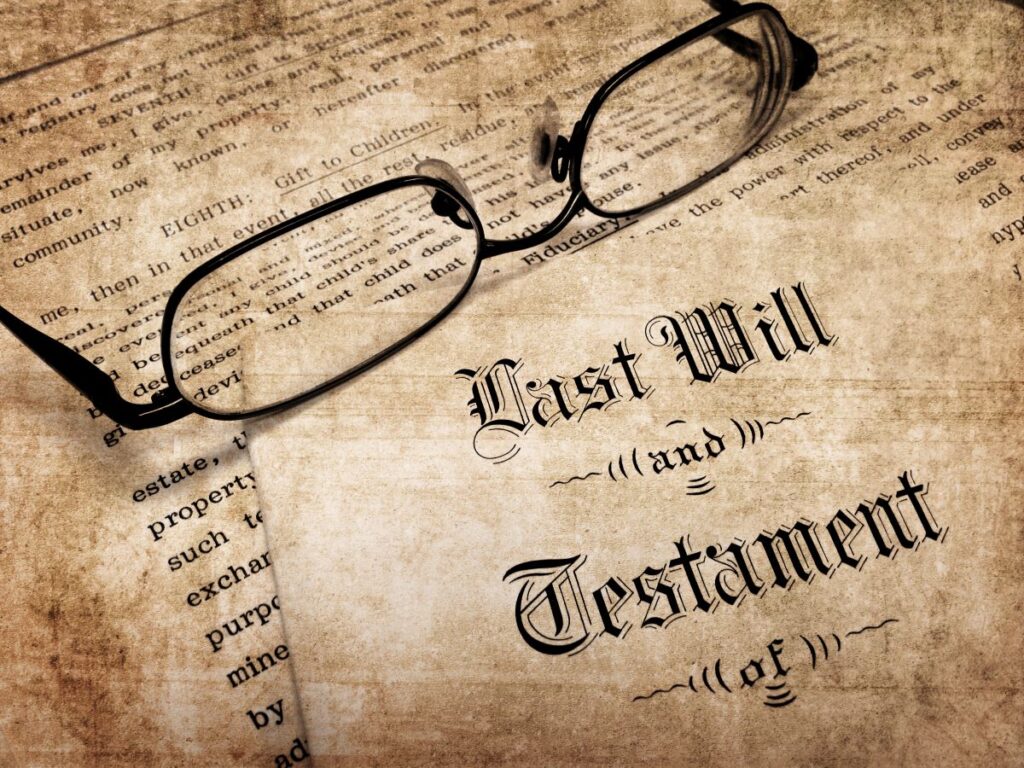Estate planning is all about preparing for potential future events that could impact your wishes regarding incapacity and asset distribution. Whether it’s managing your affairs if you become unable to do so or determining how your property will be handled after your death, planning ahead helps secure your legacy and protect your loved ones. When considering estate planning for unborn children: what parents need to know is crucial. The more proactive you are, the fewer uncertainties you leave behind.

Working with an attorney that understands comprehensive estate planning in Colorado can help you navigate complex decisions, including how to address future children in your plan. As an estate planning attorney in Greenwood Village, I understand that planning for unborn or potential future children requires a thoughtful and adaptable approach.
However, is it possible to be too prepared? When it comes to planning for children—especially unborn or potential future children—finding the right balance is crucial. For parents of minor children, it’s better to over-plan than under-plan. The same logic applies if you’re expecting or planning to adopt. Still, if your estate plan includes children who don’t yet exist, it can create unnecessary complications.
While it’s sensible to consider future children in your estate plan, avoid being overly specific. Using inclusive language, regularly reviewing your plan, and communicating clearly with trusted decision-makers can help maintain flexibility while protecting your intentions.
The Pros and Cons of Planning for Future Children
Pros:
- Including unborn children in your estate plan can prevent accidental disinheritance. By creating a flexible plan, you ensure that any future children are accounted for, and you can express your guardianship wishes clearly.
- Planning ahead provides peace of mind, knowing that your wishes will be respected if your family grows.
Cons:
- Planning too far in advance might be unnecessary if you’re not currently expecting or actively planning for children. Your plan could become outdated and harder for your personal representative or trustee to manage, especially if circumstances change. Keeping it simple and adaptable is key.
Many Parents Lack Estate Planning Documents
Despite the importance of planning, many parents don’t have an estate plan at all. According to a 2025 survey from Caring.com, only 24% of Americans currently have a will, marking a steady decline since 2022.1 This means that around three-quarters of Americans lack a plan for asset distribution, guardianship, or handling incapacity. Among those without an estate plan, the birth of a child is the fifth most common reason for considering one.2 Yet, most parents with minor children still haven’t taken steps to formalize their wishes. This lack of preparation could leave their children vulnerable if an unexpected event occurs.
Considering Future Children in Your Estate Plan
Including future children in your estate plan can help avoid situations where a new family member is unintentionally excluded. Regularly reviewing your plan, especially after significant life events like the birth or adoption of a child, ensures your intentions remain clear. Consulting with a Wills and Trusts Lawyer in Colorado ensures that your plan reflects your evolving family situation.
A famous example of a planning gap occurred when actor Heath Ledger passed away in 2008. His will, drafted before the birth of his daughter Matilda, left his entire estate to his parents and siblings.3 Thankfully, Ledger’s family voluntarily gave the estate to Matilda, but the situation highlights the importance of updating your plan as your family grows. Review the below estate planning tips for unborn children: what parents need to know is crucial
Practical Tips for Including Future Children
Use Inclusive Language
Use wording that automatically includes any future children, such as “all my children, living or hereafter born or adopted.” This can help avoid accidentally leaving a child out of your estate plan.
Consider Trust Provisions
You can establish flexible trusts that manage assets for future children, allowing for distribution based on milestones or at the trustee’s discretion. Balancing flexibility with practical guidelines can accommodate life’s unpredictability.
Express Guardianship Wishes
Rather than naming a guardian for a specific child, outline your preferences for any and all minor children. Make sure to discuss potential guardianship roles with those you choose to ensure they are prepared.
Avoid Overcomplicating Your Plan
While it’s important to plan for future possibilities, overly complex plans can be difficult to administer. Focus on creating a balanced, flexible structure that protects your wishes without overwhelming your personal representative or trustee.
The Bottom Line
Planning for unborn or future children requires a thoughtful approach. Be proactive without overcomplicating your estate plan. Use inclusive language, prepare for life changes, and regularly update your documents to reflect your evolving family situation. Working with an experienced Greenwood Village Probate and Trust Administration attorney can help you create a plan that safeguards your wishes while staying adaptable to life’s changes. Contact our law firm that specializes in Colorado estate planning for guidance on how to protect your legacy.
- Victoria Lurie, 2025 Wills and Estate Planning Study, Caring (Feb. 18, 2025), https://www.caring.com/caregivers/estate-planning/wills-survey. ↩︎
- Id. ↩︎
- Caris Davis & Melanie Ambrose, Heath Ledger’s Daughter to Inherit Entire Estate, People (Sept. 29, 2008), https://people.com/crime/heath-ledgers-daughter-to-inherit-entire-estate. ↩︎

